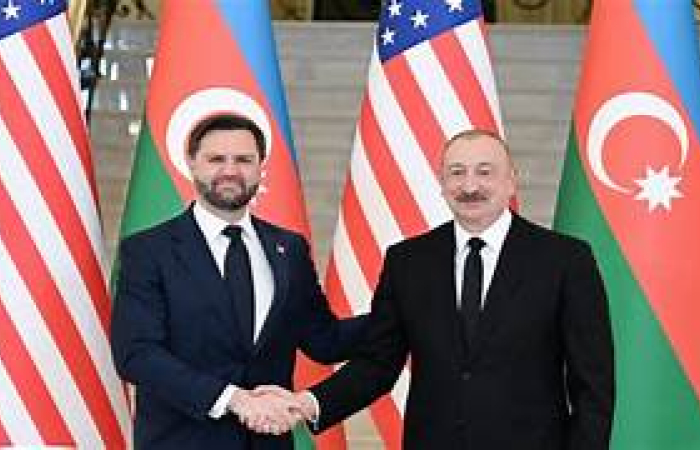Trending
Ramadan begins
18 February 2026
The Muslim Holy month of Ramadan started on Wednesday, 18 February. For Muslims across the world, the holy month of Ramadan is a time for religious reflection, increased worship, charity and community.
Observant Muslims abstain from all forms of food and drink between the hours of dawn and sunset whilst trying to reconnect with their faith.
Islam adheres to the lunar calendar. This means that the month of Ramadan begins when the first crescent of a new moon is sighted
The lunar calendar is 10 to 11 days shorter than the modern 365-day Gregorian calendar, which is based on the Earth's rotation around the sun.
This difference means Ramadan begins on a different day each year.
In Muslim-majority countries, dedicated state committees check for the crescent moon and officially announce the start of Ramadan.
Saudi Arabia, Qatar and several other Gulf countries claimed to have sighted the crescent moon on 17 February and declared 18 February as the first day of Ramadan.
However, Egypt, Turkey Jordan and some other countries said the crescent moon was not sighted and therefore announced that Ramadan would begin on Thursday 19 February.
This means that the month of fasting will likely end on either Wednesday 18 March or Thursday 19 March, as there are either 29 or 30 days in a lunar month.
As a result, Eid al-Fitr, the festival of breaking the fast, is likely to fall on either Thursday 19 March or Friday 20 March.
Eid al-Fitr marks the end of Ramadan. Muslims tend to celebrate Eid with a small breakfast and give to charity before Eid prayers in congregation.




